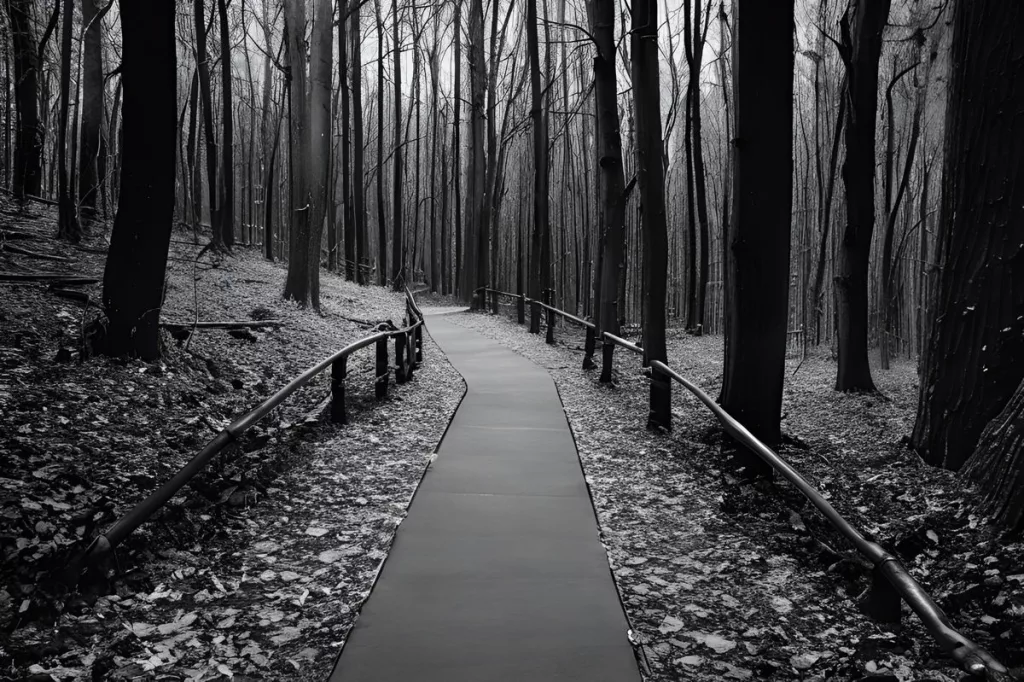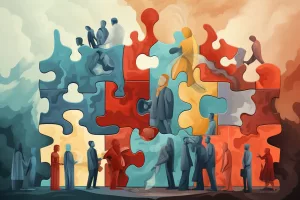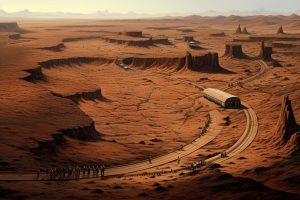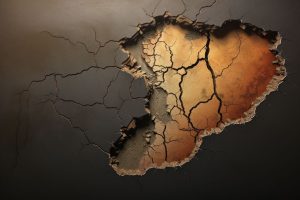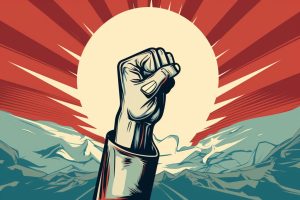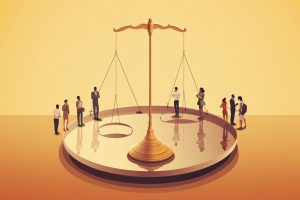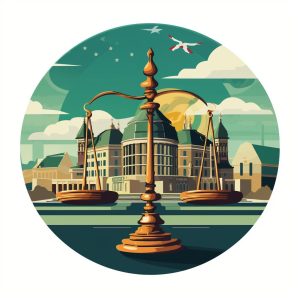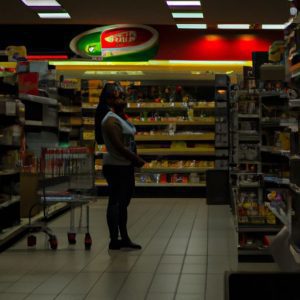John Steenhuisen’s lack of formal education has been a subject of criticism in South African politics, but it has not hindered his rise to the leadership of the Democratic Alliance. Steenhuisen’s political path is marked by an unflagging commitment to public service rather than academic accomplishments. His sharp comebacks to critics demonstrate his belief that moral uprightness should be the key measure of public service. Steenhuisen’s career serves as a testament to the idea that success in politics is not always linked to conventional educational routes.
The African Christian Democratic Party (ACDP) has joined the Democratic Alliance (DA) in their MultiParty Charter, which aims to challenge the African National Congress (ANC)led government in the upcoming elections. The charter also includes other parties such as the Inkatha Freedom Party (IFP), Freedom Front Plus (FF Plus), ActionSA, United Independent Movement (UIM), and Social National Party (SNP). The DA and other party leaders have been engaging with the ACDP, and a recent study tour to Germany provided valuable insights into successful models of interparty cooperation and coalitionbuilding. Civil society organizations have also joined the movement, aiming to mobilize voters and bring about change in the next elections.
Cape Town’s public transportation system has long been a source of frustration for its residents. An ongoing dispute between the city’s government and the national government regarding the devolution of passenger rail services has added to the city’s woes. City officials believe that devolving rail operations to competent metros would improve transportation significantly and bolster the local economy. However, the national government has yet to grant their request, prompting the City of Cape Town to consider legal action.
South African billionaire Elon Musk has sparked a controversy surrounding the country’s political and social landscape. In a recent tweet, Musk criticized President Cyril Ramaphosa’s inaction against Julius Malema and the Economic Freedom Fighters (EFF) party. He accused the EFF of campaigning for genocide of white people in South Africa.
In a mass political rally, the Economic Freedom Fighters (EFF), South Africa’s thirdlargest party, accused its closest rival, the Democratic Alliance (DA), of inciting ethnic violence. The EFF, led by Julius Malema, stirred up emotions by chanting a controversial antiapartheid struggle song, “Kill the Boer, the farmer.” This song targets the Boers, who are the descendants of Dutch settlers and have a significant presence in South Africa.
South Africa has long struggled with racial inequalities stemming from the apartheid era. In an effort to address this issue, a recent race quota law has been introduced. However, this law has sparked controversy, with critics concerned about potential job losses.
In a significant ruling, South Africa’s Constitutional Court has rejected an attempt to overturn the Supreme Court of Appeal’s decision that former President Jacob Zuma must return to prison. This decision has sparked speculation on whether Zuma will find himself behind bars again.
South Africa is currently facing a crisis of food price hikes that have caused widespread suffering among poor households. According to StatsSA, food prices have risen by 14% over the past year, resulting in millions of children and adults going hungry. This devastating crisis has prompted DA leader John Steenhuisen to urge President Ramaphosa and his cabinet to take immediate action to alleviate the suffering of the people of South Africa.

